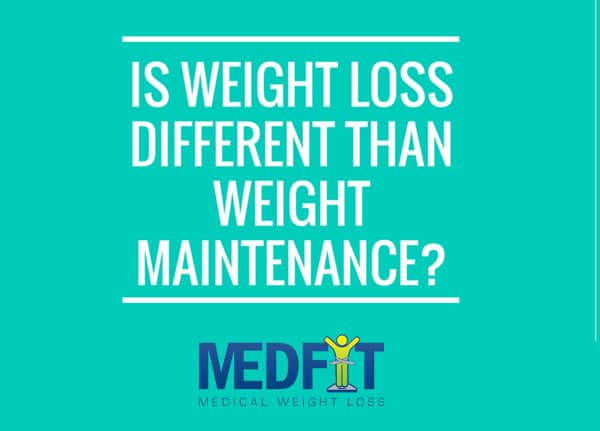 When it comes to losing weight, the tactics that you will use are much different than the tactics used in weight maintenance. Often times, this concept is overlooked and sometimes a little confusing to navigate. It’s best to look at it as being two phases: Weight loss phase, and maintenance phase. This is because weight loss requires a little more diligence than maintenance does, as weight maintenance often allows for more of an 80/20 pull.
When it comes to losing weight, the tactics that you will use are much different than the tactics used in weight maintenance. Often times, this concept is overlooked and sometimes a little confusing to navigate. It’s best to look at it as being two phases: Weight loss phase, and maintenance phase. This is because weight loss requires a little more diligence than maintenance does, as weight maintenance often allows for more of an 80/20 pull.
The keys to a weight loss phase include both nutrition and exercise. The food that you consume is that much more important when trying to lose weight than exercise is. In terms of numbers one pound is equal to 3,500 calories, this means that if you ate at a 3,500 calorie deficit total in one week you’d lose 1 pound. In order to understand how much of a calorie deficit you would need to know your basal metabolic rate, which is the amount of calories that your body needs to function without adding in any activity. We have a scale here in the office that will calculate this number for you so that you are more aware of how many calories you can safely take in without gaining weight.
While maintaining a calorie deficit will allow for weight loss, the type of calorie is also important to factor in. We have three types of energy to take in: Protein, carbohydrates, and fat. Our bodies need all three of these to function, however if you are mainly eating carbohydrates to reach your calorie intake goal for a day the chances of losing weight decreases. It is important to maintain protein intake in order to avoid muscle loss as well as fat loss, and this is because our bodies cannot store protein like it is able to store both fat and protein. Fats are also important, even in weight loss, as long as they are the right fats (healthy fats) in appropriate portions to control calorie intake.
When it comes to exercise in weight loss it will help bump your weight loss even quicker, however keep in mind that nutrition takes the front seat in this phase. Our personal trainers and nutritionists are here to help you navigate this phase seamlessly in order to lose weight quickly and safely. In general, a weight loss of 1-2 pounds per week is appropriate in this phase.
The maintenance phase is similar to the weight loss phase in that nutrition is important, however exercise in this phase allows for a metabolic leeway. Research has found that in order for a diet to be deemed successful, one should have kept the weight off for five years or more. This means that while the weight loss phase is truly an eye opening journey, the maintenance phase is the rest of your life. So it is important to avoid fad diets that do not allow for a consistent lifestyle because they are so restrictive since in reality maintenance is not as restrictive as weight loss. The eating habits that you employed in a weight loss phase should still be followed, however an indulgence every once in a while is acceptable. This idea assumes that you also remain active, which allows your body to burn calories to give you a larger energy gap to prevent yourself from gaining the weight back.
It is true that these two phases are very different, and once the weight is gone, you won’t have to completely follow the weight loss “diet” for the rest of your life. However, it does take a mindset change and reset in order to maintain that weight loss. We do have nutritionists and coaches to help you through this process to find what works best for you.
Call us to schedule a consultation at (303) 321-0023.
